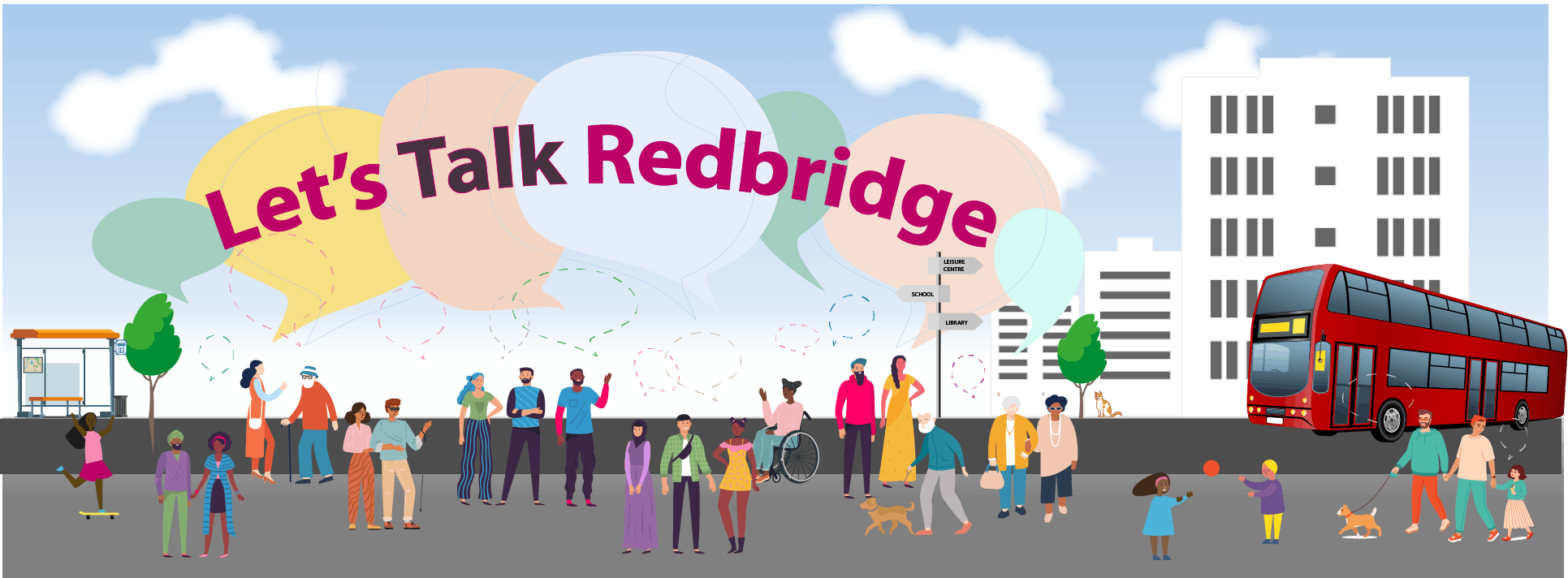“We have far more in common with each other than that which divides us.”
The quote from Jo Cox MP introduces this theme which is about the question: are we one human race, despite our differences and divisions? We are all different, and all religions are different – but are we all the same too? Can we all be united? What holds humanity together? Is it faith? Hope? Love? Music? What threatens to tear us apart? How can we overcome the divisions that affect us? Use some specific religious ideas and quotes in this. Make a work of art that shows what unites us, brings us together, joins humans as one people and expresses our harmony. Use the disciplines of theology, but also of psychology and sociology to explore the questions and create your responses.
Green faith, green future? – [God’s good earth"]
Many religions thank God for nature, from Aardvarks to Zebras, via cats, elephants and rabbits. But the climate crisis deepens. Are we spoiling God’s good earth? Can we save it – and ourselves - in time from the threats of climate change? In this theme, learners are invited to explore ideas and beliefs about the natural world, animals and the environment, human responsibility for the earth and ways of praying about climate justice. Great work will show some originality: the globe in God’s hands won’t win! Challenge pupils to use scripture quotations thoughtfully, but also the methods of scientific enquiry and moral study to develop deep answers and good writing to go with stunning images.
Where is God today?
Pupils who are atheists, agnostics and believers in God can all respond to this theme. Express your ideas about the search for God. Where’s God? In your heart? In prayer? In the temple or the universe? Or is she hiding? Is he not there at all? Unreal? Imaginary? A cruel joke? Looking for God, searching for him or her, matters to many, but how are we doing in finding God? Would you search with google or a ‘god-detector’? Is God on Instagram, TikTok or whatsapp? Can God be found by prayer or by looking among the world’s suffering people? This popular ‘Art in Heaven’ theme produces great work where pupils use ideas from religions clearly: The Jewish Psalms 42 and 43 are where it starts – there are parallels in many scriptures. Use theological reflection as well as philosophical argument to make great work.
Faith in action, Values in action
Faith without work is dead, it is said. Hypocrites say one thing and do the opposite. If you really believe what you claim, you might be willing to die for it – or live for it. Pupils can consider religious exemplars of faith from Guru Nanak, the Muslim prophets, Jewish patriarchs and Biblical ‘action figures’. They can also think about their own values and dearest beliefs: how do these values and beliefs make a difference? Start with this sentence: ‘My beliefs and values make a difference because…’ Use quotes from wisdom sources in your work! This is a great theme for examination students, who are always asked: ‘what is the impact of this belief?’ How would they like to answer?
Sacred Space and Holy Buildings
Mosque and Mandir, Church and Chapel, Gurdwara and Synagogue: spaces for wonder and awe, for ritual and symbol, for believers and visitors. This theme could be a space for photography, collage, group work or reflections on class trips to places of worship. But then some people’s sacred space is on the beach, in the mountains, by the riverside. And for others, it is in the city, among the people who carry heavy loads, even in war-torn space – can God be experienced there? This theme will be popular with primary class groups who have been on a trip, but 14-19s with a sacred space of their own can win too. Can your work draw on key texts from religious studies in your explanations? So much the better.
All God’s Creatures?
Do animals belong to God? Are they part of a divine plan? Do animals have souls? The beauty and sheer awesomeness of non-human animals with whom we share planet Earth is celebrated in many of the world’s religions. Some worldviews see all living beings as interconnected, yet others emphasise the separateness and superiority of humans over other animals. Animals play a huge part in all our lives, whether we realise or not. How humans interact with other animals and the natural world impacts on all living beings and the planet. This theme invites exploration of ideas and beliefs about non-human animals. Great work will show originality and flare coming from deep consideration of the issues. Challenge learners to engage thoughtfully with scripture, philosophy, and scientific enquiry to write an inspiring passage to accompany stunning images. We are delighted to partner with the Animals Interfaith Alliance (AIA) and Veganism in Education (VinE) to bring you this theme.
We will be asking children to produce a piece of artwork with an explanation and to send scanned images of them to us by the end of the summer half term - 26th May 2023. The competition will be open to children from 7 different age groups from Early Years up to the Sixth Form. Examples of the work of winning entries to the national competition are shown here. We hope schools will make entries to both the Redbridge local competition and to the national competition which closes at the end of the school year.
 Redbridge Standing Advisory Council on Religious Education (RE) would like to invite children and young people from all school phases to join the local Spirited Arts Competition.
Redbridge Standing Advisory Council on Religious Education (RE) would like to invite children and young people from all school phases to join the local Spirited Arts Competition.
